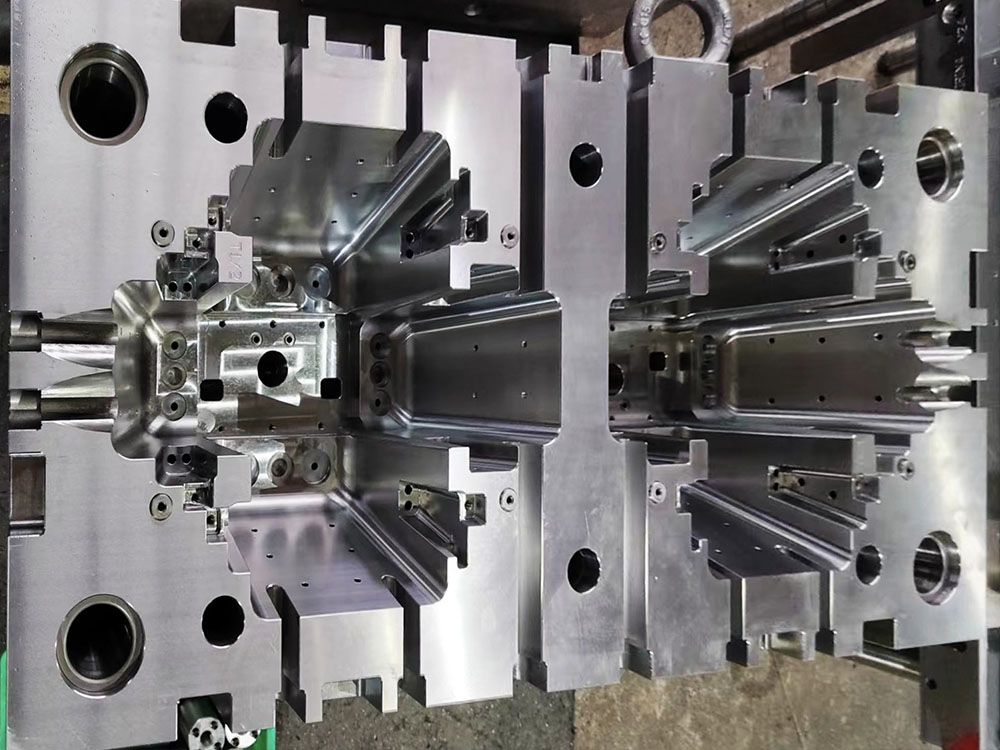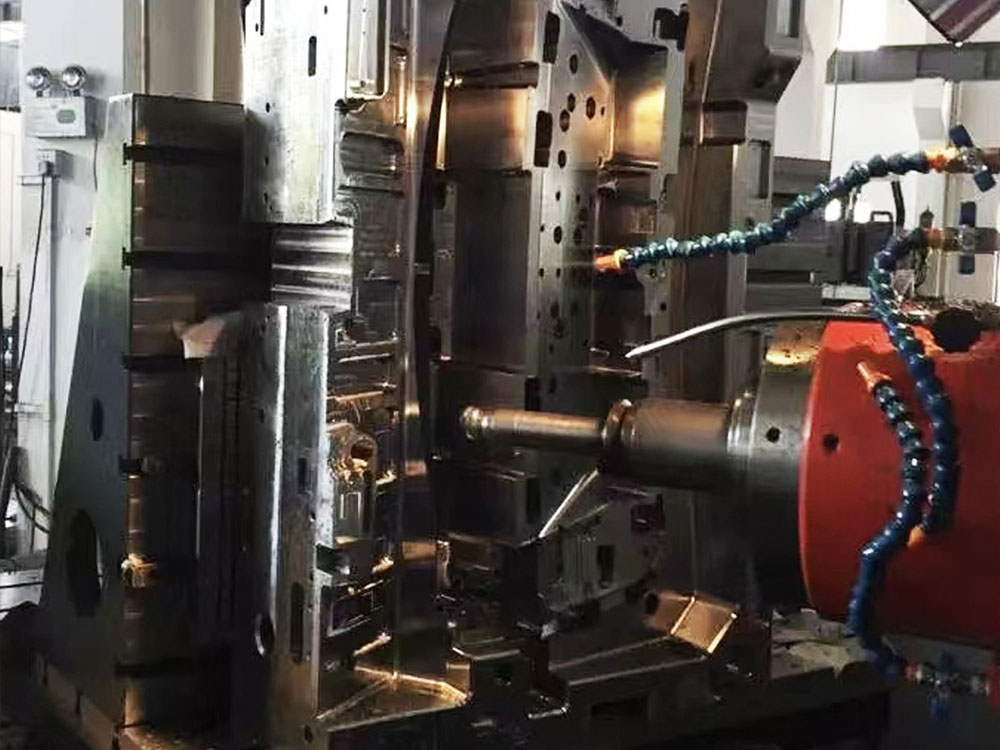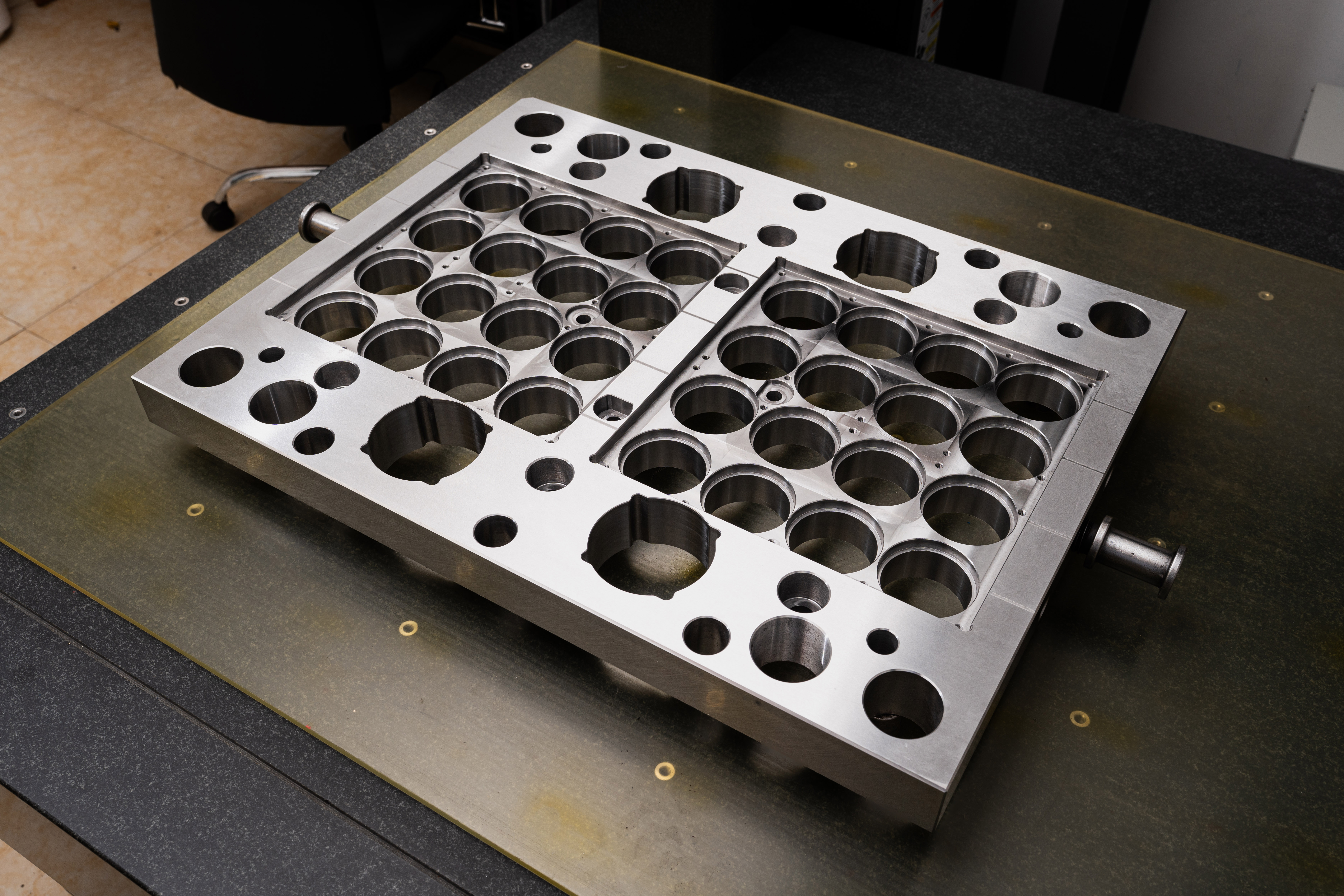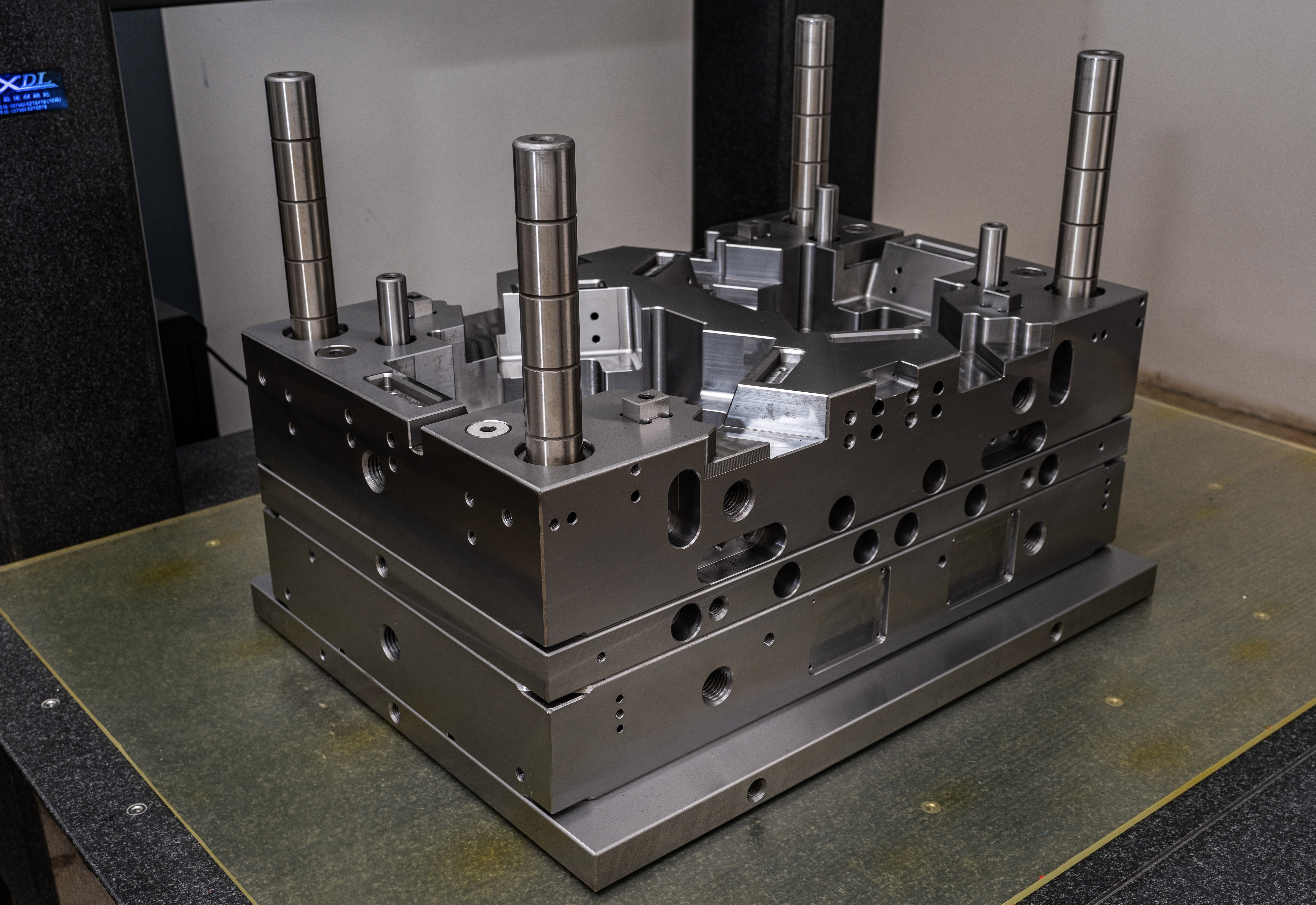Personalized Manufacturing in the Era of Industry 4.0: The Mold Base Industry
In the rapidly evolving landscape of Industry 4.0, personalized manufacturing has emerged as a key trend reshaping various industries. Among them, the mold base industry has witnessed substantial advancements and transformations. This article explores the impact of personalized manufacturing on the mold base industry, highlighting its implications, challenges, and potential opportunities.
1. Introduction
Industry 4.0 represents the fourth industrial revolution, characterized by the integration of cyber-physical systems, big data, and the internet of things. Personalized manufacturing, a significant aspect of Industry 4.0, enables the customization of products to individual customer requirements. The mold base industry, which serves as a foundation for many manufacturing processes, has started aligning with this trend to meet the growing demand for customized products.
2. Implications of Personalized Manufacturing on the Mold Base Industry
2.1 Enhanced Design Flexibility
Personalized manufacturing allows for greater design flexibility in the mold base industry. Traditionally, mold bases were limited to standard sizes and specifications. However, with personalized manufacturing, mold bases can be customized in terms of dimensions, materials, and features to accommodate specific product requirements. This flexibility enables manufacturers to produce highly tailored molds, leading to better product quality and reduced time-to-market.
2.2 Improved Efficiency and Cost Reduction
The implementation of personalized manufacturing technologies, such as 3D printing, in the mold base industry has the potential to drastically improve efficiency and reduce costs. 3D printing enables the rapid production of complex mold base designs, eliminates the need for tooling, and reduces waste material. By streamlining the manufacturing process, personalized manufacturing technologies help mold base manufacturers achieve greater productivity and cost-effectiveness.
2.3 Accelerated Innovation and Product Development
Personalized manufacturing empowers the mold base industry to keep pace with the rapidly evolving market demands and customer preferences. By adopting advanced manufacturing technologies, such as computer-aided design and simulation, manufacturers can quickly iterate and test various mold base designs. This accelerates innovation and product development cycles, enabling manufacturers to respond swiftly to market trends and gain a competitive edge.
3. Challenges in Adopting Personalized Manufacturing in the Mold Base Industry
3.1 Customization Complexity
Customization in the mold base industry can be complex, as it requires close collaboration between mold base manufacturers and their customers. Understanding and accurately translating customer requirements into customized mold base designs can pose significant challenges. Furthermore, the integration of personalized manufacturing technologies into existing manufacturing processes may require substantial investments in infrastructure and workforce training.
3.2 Quality Control and Standardization
As personalized manufacturing in the mold base industry involves increased design flexibility, ensuring consistent quality and adhering to industry standards can be challenging. Every customized mold base design must meet the required performance criteria while maintaining production efficiency and cost-effectiveness. Ensuring robust quality control mechanisms and standardization processes becomes paramount to deliver reliable and high-quality personalized mold bases.
4. Potential Opportunities
4.1 Integration of Artificial Intelligence (AI)
The integration of AI in personalized manufacturing offers significant potential in the mold base industry. AI algorithms can analyze vast amounts of data to optimize mold base design, production processes, and material selection. It can also facilitate predictive maintenance, anticipating potential issues and minimizing downtime. By leveraging AI, mold base manufacturers can enhance productivity, quality, and customer satisfaction.
4.2 Collaboration and Interoperability
Personalized manufacturing emphasizes collaboration among different stakeholders in the mold base industry. Collaborative platforms and interoperable systems enable seamless communication and exchange of design specifications, resulting in enhanced customization capabilities. Collaborative efforts among mold base manufacturers, customers, and technology providers can lead to innovative solutions and efficient implementation of personalized manufacturing technologies.
5. Conclusion
Personalized manufacturing has revolutionized the mold base industry, offering enhanced design flexibility, improved efficiency, and accelerated innovation. However, it also presents challenges in terms of customization complexity, quality control, and standardization. By addressing these challenges and leveraging potential opportunities through the integration of AI and collaborative approaches, the mold base industry can tap into the full potential of personalized manufacturing in the era of Industry 4.0.




